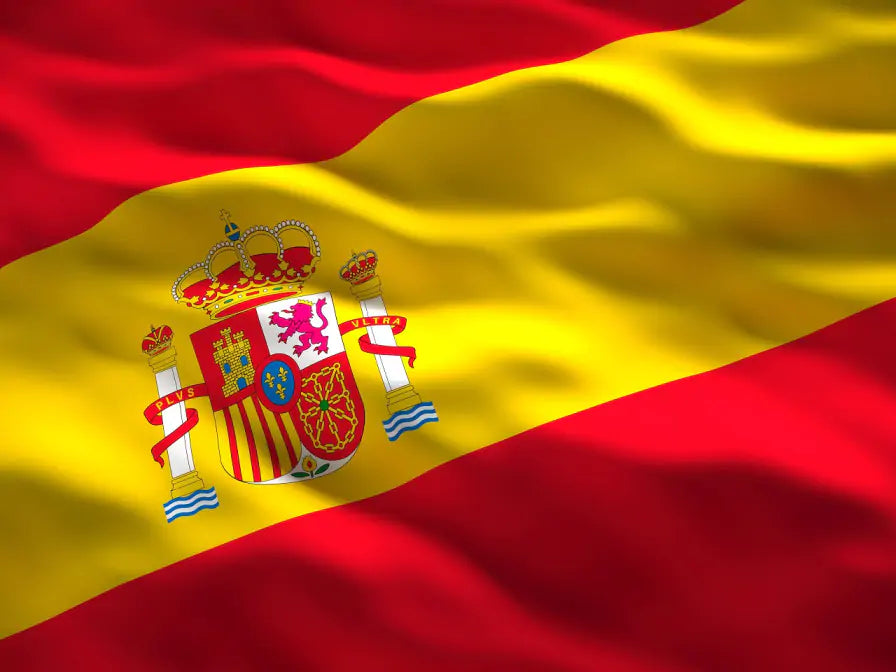Your basket is currently empty.
Shop NowRecycling Around the World Spain

Recycling Around the World: Spain
Spain manages to recycle more than 6 out of every 10 items of aluminium, plastic and paper sold. This is mainly down to the fact that an organisation has been put in charge of managing the collection and recycling of these items.
Ecoembes started managing Spain’s recycling in 1998, and since then, 10 million tonnes of rubbish have been recycled. This waste would have otherwise ended up in landfill. The company has made people more aware of the need to recycle and are working with manufacturers to reduce the weight and volume of cans and plastic bottles and packaging.
Spain still lags behind other European countries however. While Germany recycles 63% of its waste, Spain still only recycles 33%. But Ecoembes is working to increase this and the goal is for 50% of household waste to be recycled EU wide by the year 2020.
How is waste collected?
Waste collection services vary depending upon the region you live in. In a lot of towns and cities, there are large communal bins rather than individual bins. All rubbish put in the bins must be inside of sealed bags. The bins are emptied at the end of every day and are cleaned regularly by the workers who empty them. The collection service is paid for by an annual tax called ‘Basura’ that residents pay. It is the Spanish version of council tax, though it is much lower than what we pay in the UK.
If the items you want to dispose of are bulky and large, the local town hall can advise you on collection and recycling points to take them to. This is worthy of note, as anyone caught fly-tipping can be fined up to 1500 euros.
How is waste recycled?
There are very recognisable waste containers provided wherever you are in Spain. The country has over half a million paper and plastic recycling bins, and over 160,000 bins for glass, which demonstrates its commitment to becoming more sustainable.
All recycling bins are colour coded depending on what they are for. They are usually stationed next to a regular rubbish bin.

Blue bins
These bins are for paper and cardboard, but not for Tetra-paks
Green round bins
These are for glass and have a small opening where the items can be deposited. Sometimes these bins are covered with commercial artwork.
Yellow bins
These are for aluminium cans and plastic bags and bottles.
Orange bins
There aren’t many of these bins, and they are for depositing used cooking oil. This is to dissuade people from pouring oils down the drain which clogs the sewage and drainage system. Recycled oil can be made into biodiesel or items such as soaps.
Good recycling practice: Catalonia
One region is leading the way in improving Spain’s recycling statistics. The municipality of Argentona in the north of Barcelona has a private company in charge of not only waste collection and recycling, but street and beach cleaning as well. L’Arca de Maresme has provided the region with services since 1997. The service differs from the rest of Spain in that the company provides a door to door collection service. Waste that can’t be recycled is collected, as well as ‘dry’ waste like paper, cardboard and tins. Organic waste is also collected. Residents have access to a container for storage which holds up to 25 litres of waste. Any other waste is collected from communal collection points in each residential area. The door to door collection service has increased recycling rates overall, and the quality of the items that people recycle. The municipality achieves a 70% recycling rate, compared with only about 35-40% in other Spanish cities and towns. Residents are charged for the service depending on how many people live in the household.






